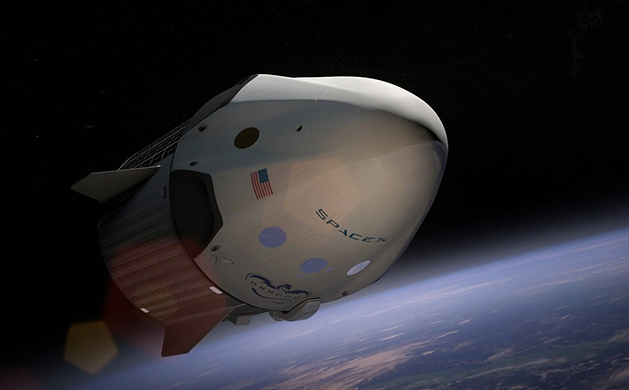Exploration Through the Ages: From Pioneers to Future Frontiers
Course Summary
Start Date: January 1st, 2024
Duration: 1 month
Modality: Online
Credits: 3
Tuition Fee: $532
More information at:

This course spans from ancient pioneers and the Age of Discoveries to modern exploration of the polar regions, deep-sea, and outer space. The course culminates with a glimpse into future exploration, including Mars colonization and sustainable practices. Specialized text readings will be combined with practical assignments and videoconference support sessions to facilitate a complete grasp of the syllabus.
The course’s commencement offers a global view of exploration from its origins to the transformative Age of Discoveries. Participants will delve into the motivations driving early pioneers, study the maritime explorations of civilizations such as Phoenician, Polynesian, and Viking, and explore the intellectual awakening of the Renaissance. The unit also examines the expeditions of Christopher Columbus, the opening of the New World, and the far-reaching impacts of the Columbian Exchange. With this complete approach to Ancient and Medieval history, students will gain a brief and initial understandment of the early stages of humankind in this crucial activities.
During the second week, the course delves into the intricate relationship between exploration and imperial ambitions, highlighting quests for new territories, resources, and dominance. Through in-depth studies of imperial exploration, addressing cases from the Spanish to the British, participants will explore the complexities of colonialism, ethical dilemmas, and cultural exchanges that defined this era.
Next, Unit 3 addresses modern expeditions, including polar exploration, deep-sea exploration, and the extraordinary journey into outer space. Students will follow in the footsteps of polar adventurers like Shackleton and Amundsen, delve into the mysteries of the deep-sea world, exemplified by Cousteau, and study space exploration, from the Space Race to the present day, gaining insights into the evolution of exploration in our more recent past.
In the final unit, students delve into the future of exploration, emphasizing emerging technologies and ongoing projects. They will analyze the potential of future space exploration, including the colonization of Mars and beyond, and consider the imperative of sustainable exploration practices that protect Earth and other celestial bodies. This theme also underscores the importance of international collaboration and conflict resolution in the pursuit of responsible and sustainable exploration in the years ahead.
Note: For a more specific approach to the dangers and the moral dilemmas of exploration, check our other course: The Risks and Dilemmas of Past and Future Exploration.
In this course, we will unravel four different units for discussion.
1 – Early Explorers and Ancient Discoveries
2 – The Golden Age of Naval Exploration
3 – Contemporary Exploration
4 – The Future of Exploration
These are the steps to enroll:
1. Complete the enrollment form.
2. Make the payment of the fee to formalize your enrollment.
3. Wait for our reply confirming your registration.
Instructor

Antonio L. Amores PhD
Antonio López Amores has been a professor of Early Modern History, with experience at several universities throughout Spain, since 2016. In addition to his expertise in Western Mediterranean history, he has extensive knowledge of both Western Mediterranean and Asian history. His lectures cover a wide range of topics, such as the social and cultural history of early modern Iberia, the history and political evolution of Britain and Ireland, the history of feudal Japan, and the rise and fall of the Ottoman Empire. He takes an interdisciplinary approach to his teaching, combining his knowledge of history with other areas of study.
Risks and Dilemmas of Past and Future Exploration
Start Date: February 1st, 2024

